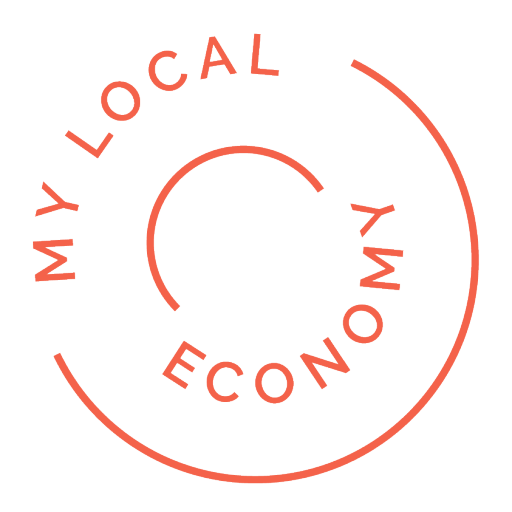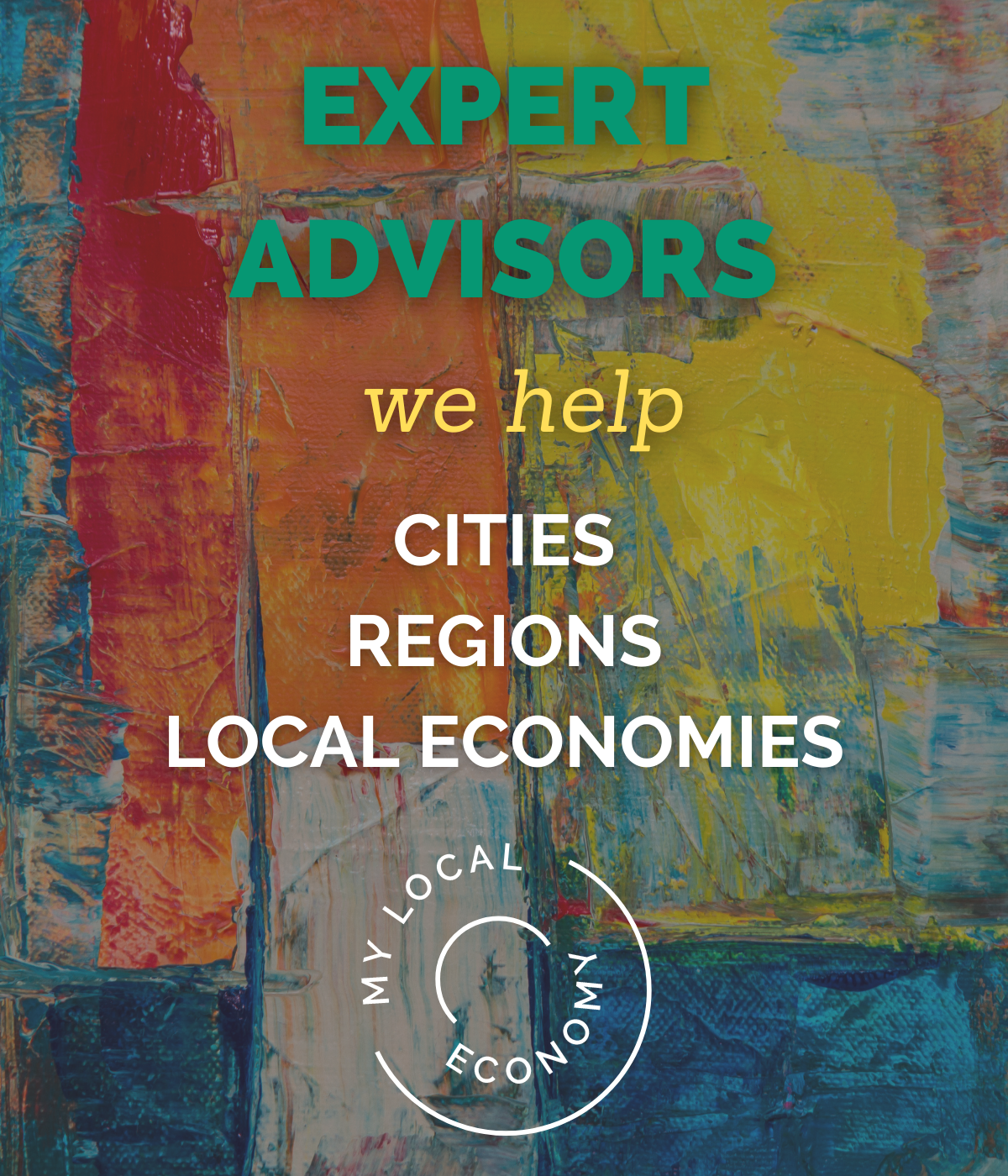“But surely the growth will happen anyway, we don’t need to do anything?”
I was at a meeting of senior stakeholders a few weeks ago when one of them said “but surely the growth will happen anyway, we don’t need to do anything.” I almost fell off my seat. Firstly, we were sitting in an office in a very successful creative and innovation workspace which had benefitted from tons of government funding. Secondly, in a place which had had hundreds of millions in public regeneration funding which had transformed the city’s riverside. Granted, this locality had done well on job creation over the past 5 years. But then, if it didn’t have the Grade A office space and top class creative business spaces that directly resulted from public investment over 20 years, this wouldn’t have happened.
As it happens, this locality still has a lot of impacts of restructuring of various industries such as financial services to deal with, and has significant challenges of educational attainment and worklessness in half of its neighbourhoods.
Most of all, I could think of similar localities in the UK and internationally who were definitely not standing still, but were planning, investing and evolving – and the public sector played a necessary role.
You need to set a firm course in the right direction – it is no use just treading water whilst the tide pulls you onto the rocks, or out to sea
Here’s the rub: even if you stand still in policy terms, the tide is moving your further back. Other localities are leaping ahead with implementing projects like Smart Cities. Greater Manchester has combined its science parks and R&D assets into Manchester Science Partnerships (MSP) now the largest science park operator in the UK with four sites across the North West. There is talk of a new national innovation agency in Wales. Liverpool City Region and the North East LEP have cracking innovation strategies. Many localities are starting to put in place Careers and Adult guidance services, recognising that it is an integral long-term solution to labour market integration and moving young people, particularly those who choose not to attend university into meaningful careers and work.
Particularly as Brexit starts to bite – localities will need to compete twice as hard for international investment and markets
Let’s face it, many FDI projects are here for the UK access to the European Market, and WTO default tariff barriers will make some of our firms’ exports less competitive in Europe and other markets until the UK manages to put in place trade agreements of its own.
This means that all stakeholders in a local economy will have to work even harder at securing international investment and promoting exports. I think that doing nothing will make you half as competitive as you are now in a few years time. The world trade and investment environment will have moved on, leaving your locality behind.
Business rates retention, and a likely increase in competition between UK localities, regions and cities is another reason why standing still is not an option
Local government in the UK has been hammered by cuts over the past six years. There is no sign of a reversal. As local government becomes more and more reliant on its ability to expand its business base for local business rates (taxation) and its ability to build more houses to increase council tax receipts, expect competition for businesses, jobs and talent to hot up within the UK. Its not necessarily the incentives that will matter, but the main business location factors or high quality premises, top class international connectivity, workforce access and local skills. For talent to be attracted and retained, it will be a matter of good career opportunities for professional development, and high quality of life and amenities. So… standing still is still an option? I don’t think so.
You need something in the ammunition belt when government policy shifts in new directions
I’ve been critical before about government policy, this is nothing new. What happens regularly is that government shifts the goalposts, introduces a new policy announcement or a fund.
The UK government has tended to negotiate and fund the localities that have ambitious plans and credible projects or prospectuses for investment first. End of story. Do nothing, get nothing.
My Local Economy: Bringing fresh insights and views to local economic development
We are industry leaders
We offer high quality, technically superb analysis and very readable, accessible and high impact reports. We turn analysis and insights into advice that can be actioned and delivered at the local level. We are connected to international experts and best practice organisations.
“There’s a degree of confidence because you know he knows his field – it gives us a lot of confidence.” Hertfordshire LEP.
We are curious
We are constantly learning about communities and businesses that are new to us, and this is a big part of the reason why we love what we do. We constantly strive to learn what makes local economies tick, and what capabilities and opportunities might provide turning points for prosperity.
“Strong analytical skills and in-depth knowledge across a range of topics, from skills to international comparisons.” Alexandra Jones, Chair , London Stansted Cambridge Consortium and CEO , Centre for Cities.
We go the extra mile
We always push ourselves to find the solutions to our clients needs. We take time to listen and understand your needs.
“The overriding thing is that you know who you are getting and that you’re working with a person. We could have easily got one of the bigger companies but we wanted Glenn.” Stockton-on-Tees Borough Council.
We are creative
Local economies and communities are all different and they all need their own bespoke strategies and solutions. We excel in using creative abilities to reimagine local economies, and think outside of the usual frame of reference for economic policies and incentives.
“We relied on Glenn to bring clear thinking and creative suggestions to the most complex of issues and I can recommend him without any hesitation to bring great added value to all local economic development assignments.” Cathy Garner, Executive Director, The Work Foundation.
We offer three main services
1. Economic analysis and advice: we provide the highest quality, most accessible and high impact reviews of local economies that are robust and insightful. We also undertake economic impact analysis and demand and need studies for projects.
2. Strategy development and delivery plans and ideas: we collect and analyse evidence and stakeholder views to develop strategy and delivery propositions which we test with clients. We forge accessible strategies and delivery plans that reflect local opportunities as well as showcasing the intent of local partners.
3. Change management and service improvement plans: often a new strategy and delivery plan requires organisational change. With our many years of experience working in local development agencies, we offer insights from senior management experience and benchmarking to other best in class organisations.
Or check out Glenn’s linked in profile at http://uk.linkedin.com/in/glennathey





